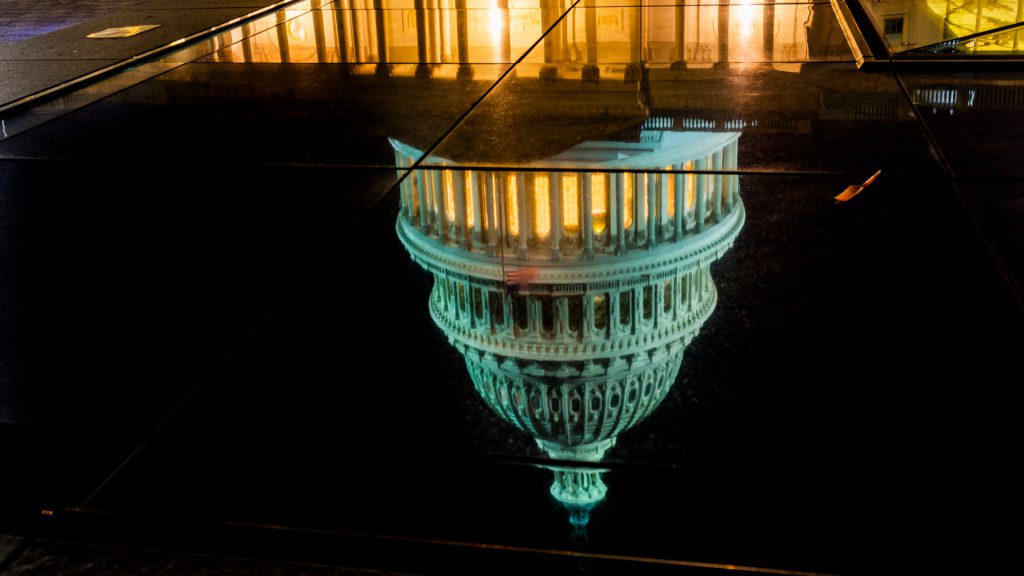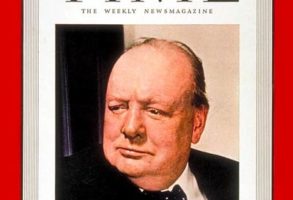Anyone paying attention to culture and politics in 1974 noticed a sort of atmospheric connection between the resignation of Richard Nixon that August and the release in December of “The Godfather Part II.” I don’t mean that Richard Nixon was analogous to Don Corleone, although some of the conversations on the White House tapes were thuggish enough. I suggest something else: that after the 1960s—after the American defeat in Vietnam, after the abdication of Lyndon Johnson and its sequel in Watergate and the shipwreck of the Nixon administration—the American public mind came to entertain a knowing, outlaw sympathy for Vito Corleone and his family’s way of doing things. If much of government was a fraud and a delusion, there was visceral pleasure in beholding the don’s brutal but effective justice, his archaic code of honor that mocked the moralism of hypocritical elites.
Official authority was the great casualty of the 1960s and early ’70s—the authority of parents, of the presidency, of Congress, of the military, of the law, of the universities. In “The Godfather,” audiences beheld a warlord who made his own rules, a man of respect who arranged for a powerful Hollywood producer to wake up one morning in bed, among his silken sheets, bloodied from the severed head of his beautiful thoroughbred horse.
Or think of the sequence in which the young Vito intervenes to save an old lady with a pet dog from eviction in Little Italy. The popinjay landlord at first dismisses Corleone, but presently, after learning how powerful and dangerous the young man is, visits him at his storefront business (officially, Vito imports olive oil). Terrified, fumbling, the landlord falls apart. He promises to let the old lady stay and keep her dog. He even cuts the rent. Vito exchanges smirks with his henchman. It is a Trumpian moment. This is the way things get done.
The dynamics of the present crisis originated in the 1960s and ’70s. The conflicts in America in those times have evolved into the divisions—the cultural polarities—that disturb the country now.
Impeachment has merged with the 2020 presidential election campaign, and it will take on a life of its own. It will emerge gradually out of fog and confusion like the developing image in a Polaroid photo. Hallucinations of possibility will coalesce into political reality. All, for the moment, is, in an absolute, metaphysical sense, unpredictable.
Mr. Morrow is a senior fellow at the Ethics and Public Policy Center.









